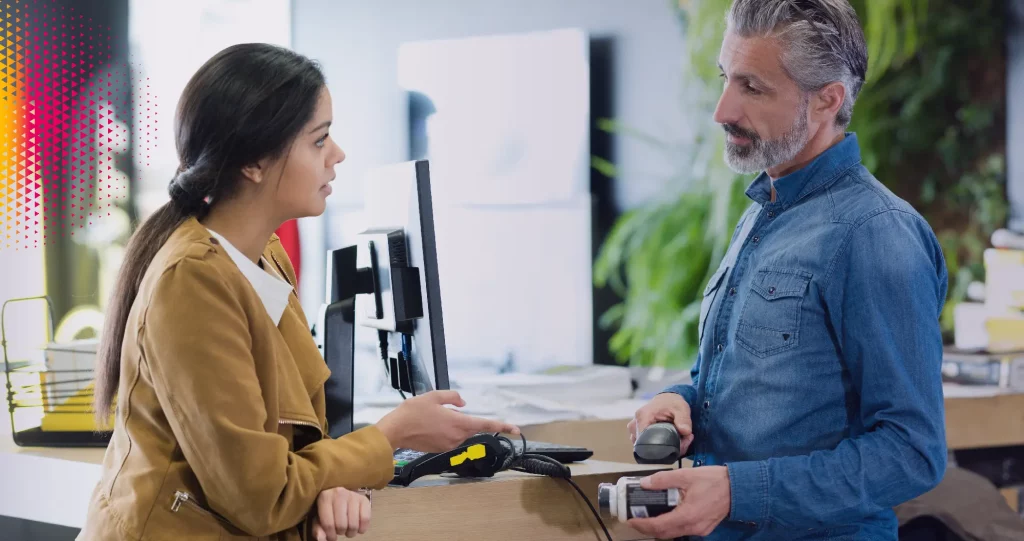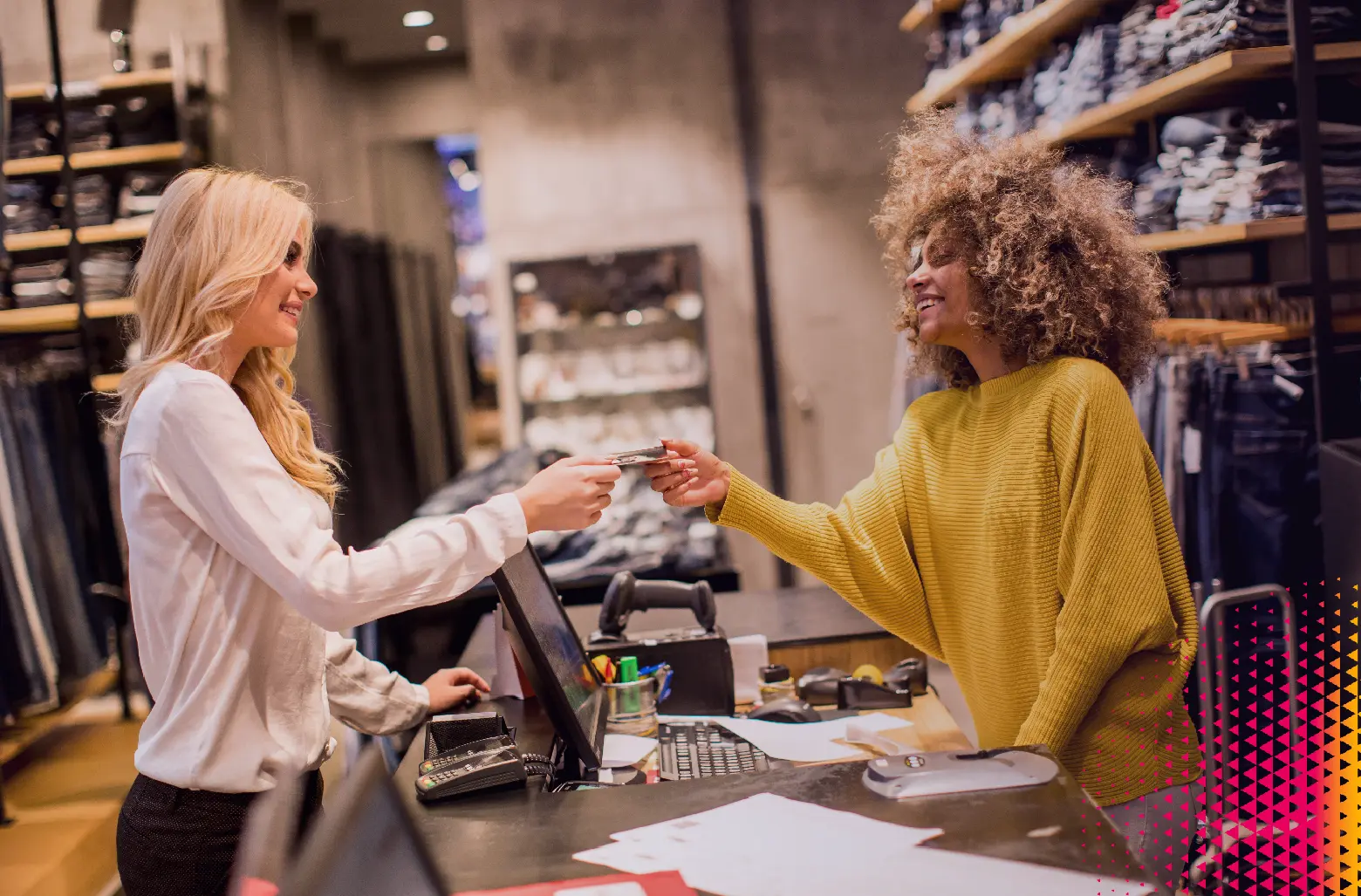4 key benefits of a self-checkout system in stores

While the use of a self-checkout system, also known as self-payment or SCO, has been discussed in the retail industry for years, it has become an increasingly popular option among retailers in their stores today. It offers customers a fast and convenient alternative to traditional terminals. For stores, it can bring significant benefits to the efficiency of their operations. However, its adoption is not without potential risks that retailers must consider for its success.
Risks in the Adoption of a Self-Checkout System
The adoption of a self-checkout system poses challenges and risks that retailers must manage properly to ensure the success of its implementation.
- Lack of trust: Many customers may avoid this option due to habit, lack of knowledge, and the distrust of not being adequately assisted. Having supervisors or employees in the self-checkout area can quickly resolve any incidents and provide the type of service that encourages customers to use this option on future visits.
- Ease of use: Adopting an intuitive and user-friendly self-checkout software for both customers and employees can prevent errors and provide a seamless checkout experience for customers. This includes features such as a system-guided process with clear on-screen instructions at all times.
- Increased risk of theft: The use of self-checkout terminals increases the risk of theft. Stores can mitigate this by implementing various strategies, such as using cameras or conducting random checks of scanned items by employees.
Benefits of Using a Self-Checkout System
Despite its potential challenges and risks, using a self-checkout system offers significant benefits to stores.
- Better use of space and increased capacity: Self-checkout terminals occupy less space and can serve many more customers than traditional fixed cash registers, making them significantly more efficient. Most stores can fit between three and four self-checkout terminals in the same area occupied by a standard cash register.
- Shorter queues: Various studies have shown that using self-checkout terminals reduces wait times by up to 30%.
- Speed and efficiency: One of the most significant advantages is the speed at which customers can pay for their purchases. The incorporation of RFID (Radio Frequency Identification) readers in the terminals can further increase the speed of the process.
- Employee time reallocation: The time saved by employees at the cash register when using self-checkout terminals allows for their reallocation to other value-added tasks in the store.

Is Smart Checkout the Future of Self-checkout?
Smart checkout combines various digital technologies to recognize selected products, calculate the total basket price, apply promotional and loyalty benefits, identify the customer, and receive payment, eliminating the need to go through traditional physical checkout points. Technologies such as visual recognition, artificial intelligence, and machine learning play a role in smart checkout systems.
Despite the increasing number of implementations, it is still a relatively low-adopted option, mainly seen in food or large supermarkets. Examples include Amazon Go stores.
Retailers should analyze the feasibility of using smart checkout based on factors such as store format, customer types, product types, and the required level of investment.
Discover also: Mobile Checkout: Everything You Need to Know for Implementation in Your Store
Orisha Retail chains Facilitates the Adoption of a Self-Checkout System
Included in its store software, Orisha Retail chains Store, Orisha Retail chains offers retailers a flexible and user-friendly self-checkout system. It is a fully web-based and cloud-based solution that simplifies its adoption in physical stores. Thanks to its integration capabilities, it can work alongside other existing solutions in stores, such as the current POS solution.
Retailers like the French sporting goods giant Decathlon, or Zôdio, part of the French group Adeo, already benefit from its features.





